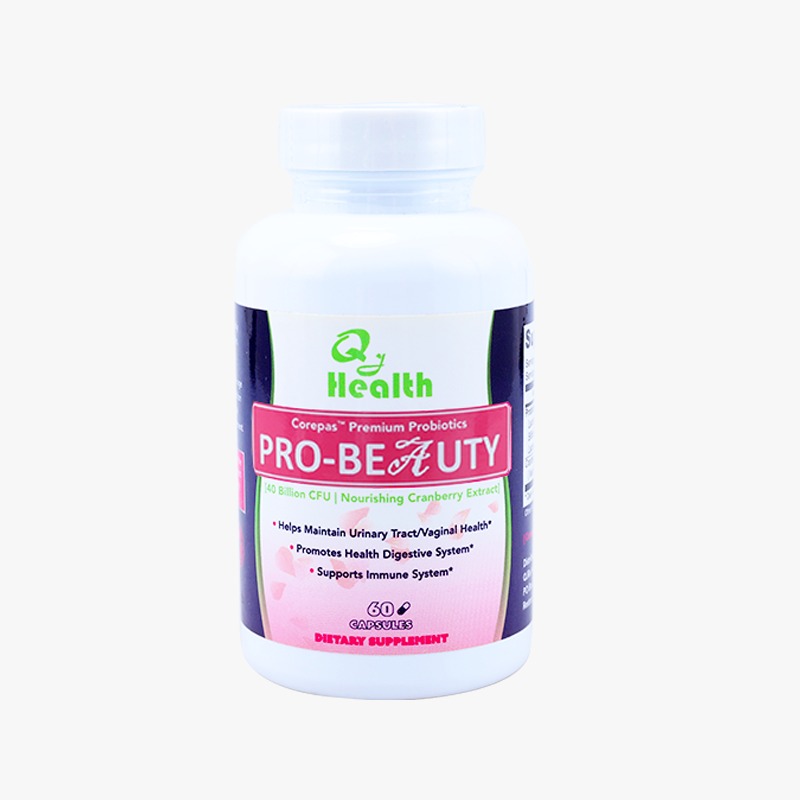
From Discovery to Health
In 2017, the Cleveland Clinic highlighted the microbiome’s groundbreaking role in preventing, treating, and diagnosing diseases as the top medical innovation. This recognition marked a turning point, emphasizing the significant impact of understanding the microbial world within human bodies. Despite weighing less than eight ounces, the human body houses an astounding number of microbial cells, surpassing human cells by 10 trillion. The gut microbiome, with over 100 times more genes than the human genome, actively shapes our health and physiological functions.
The recognition of the pivotal role played by the microbiome led to the initiation of the Human Microbiome Project (HMP) in 2008 by the National Institute of Health. A five-year endeavor, the HMP aimed to unravel the complexities of microbial communities associated with human health and disease. Simultaneously, the European Union launched the Human Intestinal Metagenomics Program (MetaHIT), a collaborative effort involving eight countries, 14 research institutions, and corporate partners.
The exploration of the microbiome has turned biomedical research into a data science frontier. Affordable DNA sequencing has generated extensive datasets of the intestinal microbiome, leading to insights and solutions for global health challenges. Revelations from the HMP confirm the correlation between the gut microbiome and overall health. This microbial ecosystem influences human metabolism, the endocrine system, nutritional processes, physiology, and immune function, with implications for preventing, treating, and diagnosing diseases.
Understanding the gut microbiome’s influence on human health has opened new avenues for medical breakthroughs. Researchers are discovering innovative ways to leverage this knowledge for developing treatments for a myriad of health conditions. From digestive disorders to immune system enhancements, the microbiome is proving to be a treasure trove of therapeutic possibilities.

Scientists in QJ Health leverage data mining and artificial intelligence to expedite the discovery process, with the primary focus on immune and metabolic disorders. Published in the prestigious medical journal Nature, a large clinical trial involving 4,556 newborns demonstrated a remarkable reduction in neonatal sepsis and lower respiratory infections. Specifically, the trial reveals that a single probiotic strain decreases the risk of neonatal sepsis and death by 40% and lowers the risk of lower respiratory infection by 34%[2]. With decades of research, particularly in sepsis—a complex immune disorder triggered by infections and severe injuries—the team’s comprehensive understanding and data annotation revealed the intricate relationship between pathogenic and beneficial bacteria and immunity, offering a crucial insight for medical intervention.


A suite of data collection and computational skills and the mechanistic mindset inherited in biology and medicine have now converged to answer questions about host-microbe interactions, microbial communications, human physiology and the health. Beyond the composition, it is also increasingly important to determine how different microbes interact with one another and with the human host within their niches. The composition and proportion of each strain used to produce a given product have been chosen and determined by our proprietary algorithm, in order to achieve the appropriate formulation that generates the desired outcomes to restore the balance which cause the unhealthy conditions. The data driven AI approaches greatly accelerate the screening and the selection of the functional strains.
-
Corepas Probiotics
The World Health Organization defines probiotics as “live microorganisms which when administered in adequate amounts confer a health benefit on the host”. Live activity is essential to colonize and exert health benefits. Another important feature of our product is that the functional strains in our formulation is protected to make sure it survives the potentially lethal damage of stomach acid, to remain viable as it makes its way onward into the intestines. Such an advantage ensures enough live bacteria to be exposed and allowed to interact and incorporate into the landscape of the existing microbiome to provide true health benefits.







